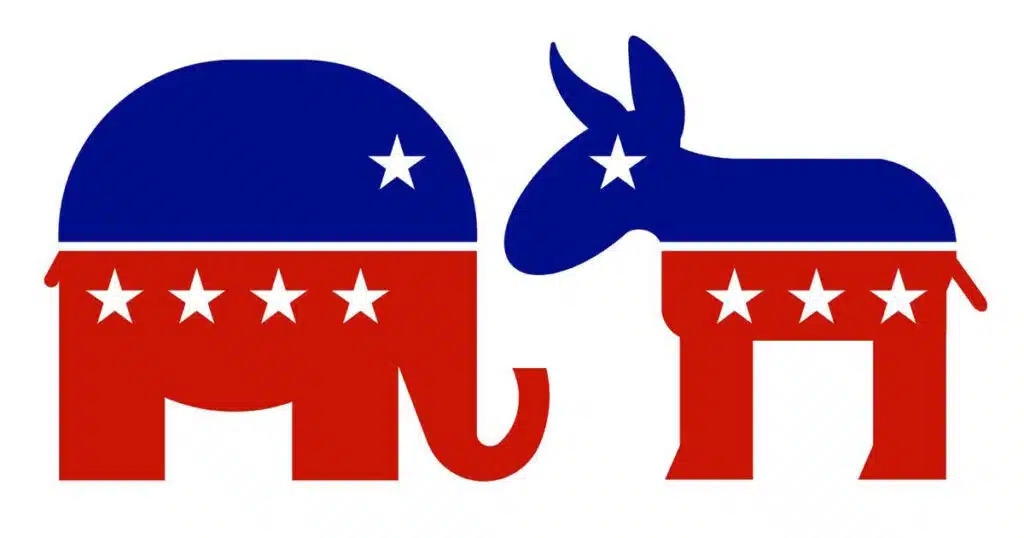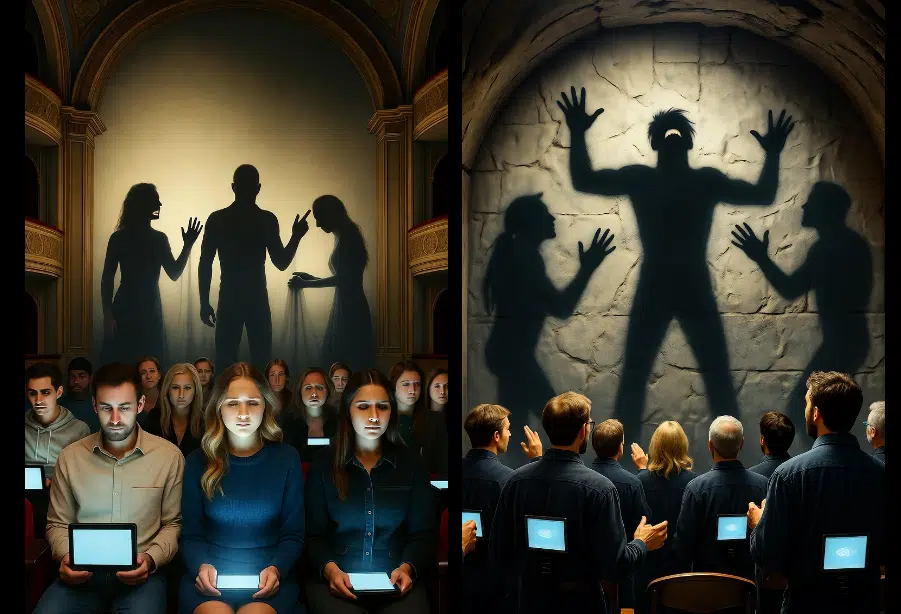
Research Finds Politics Changes Good and Bad Ways People View Others
Political partisanship may affect the first impressions people have of faces in the United States. More specifically, when people discover the political leanings of other people they see in photos, that knowledge could significantly affect observers’ perceptions of the likeability and competence of the photographed individuals’ likeability and competence.
In an experimental study detailed in the Nov. 9 edition of the open-access journal PLOS ONE, researchers from the University of North Carolina at Greensboro conducted two experiments involving 275 undergraduate college students to explore how political partisanship might influence face impressions.
The work was inspired by prior research suggested levels of ideological polarization are rising in the country, leading to tensions between people of differing political preferences. The previous research further determined such polarization could potentially be reflected in basic aspects of perception, such as first impressions of other people’s faces. However, while an increasing number of studies have explored links between face impressions and interpersonal behavior, few have examined links between face impressions and political partisanship.
“Political polarization in the United States has been a central focus of social science research for several decades. Americans have growing alignment on within-political party opinions ranging from gun control to same-sex marriage to the extent that political ideology predicts policy preferences almost three times better than demographic factors like education. Inherent to such polarization is intergroup tension. Indeed, conservatives and liberals are similarly intolerant toward each other, make negative attributions about groups whose values are inconsistent with their own and avoid people who do not share their values,” wrote the study’s researchers, led by Brittany S. Cassidy. “Cues to partisanship may affect even the most basic aspects of perception. First impressions of faces constitute a widely-studied basic aspect of person perception relating to intergroup tensions.”
All that said, in the first experiment, participants were presented with pairs of photos of two unfamiliar people’s faces and asked to pick which appeared more likable and competent. In some cases, photos were labeled according to the subjects’ true political partisanship — Republican or Democratic. In other cases, the photo labels were inaccurate or missing, even though the researchers were well aware of the actual political ideologies of the photo subjects
Results from the first experiment showed that the participants’ first impressions of the photographed faces were more strongly affected by disclosed political partisanship — even if it was inaccurate — than when partisanship was not disclosed on the photos.
In the second experiment, participants evaluated the likeability of faces before and after the political partisanship of the photographed people was disclosed. The researchers found that participants changed their impressions after finding out the political preferences of those in the photos — based on their own political partisanship.
The researchers in both experiments also evaluated each participant’s level of perceived partisan threat. It was found that learning the politics of photo subjects ended up more greatly affecting the face impressions of people who had more pronounced feelings of being threatened politically.
The study ultimately reached the conclusion that polarization based on political partisanship can be found in basic aspects of perception. The researchers suggest their findings — and future research in the area — could help develop efforts to foster more balanced, less partial interactions between people of differing political ideologies.



